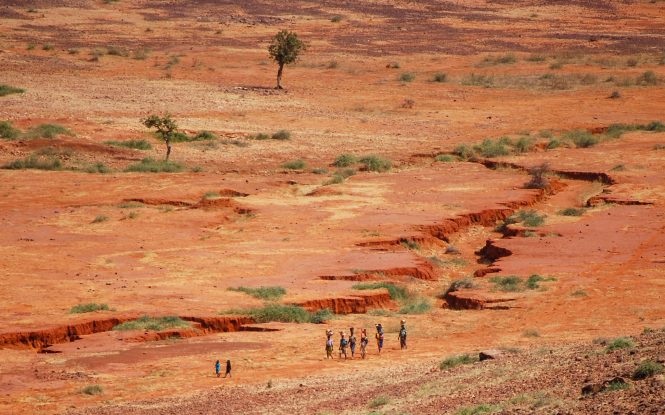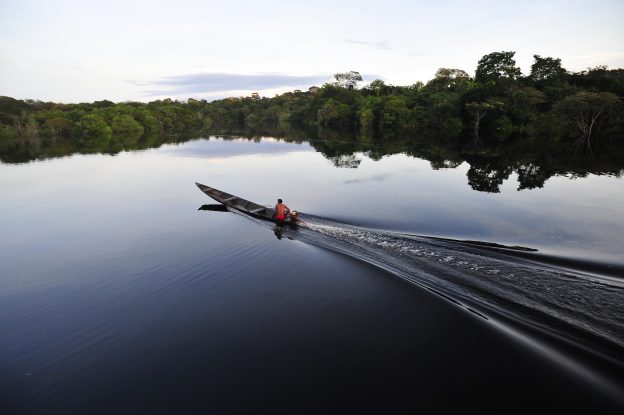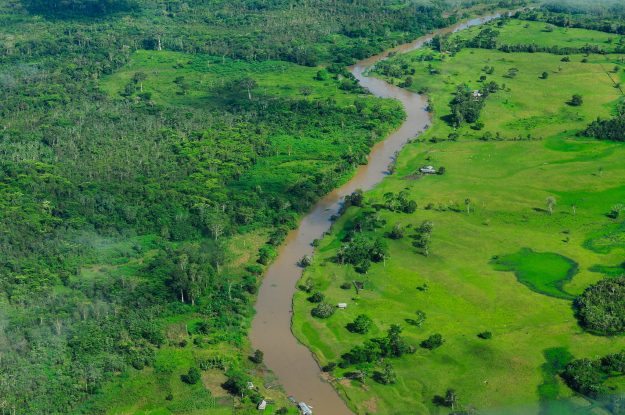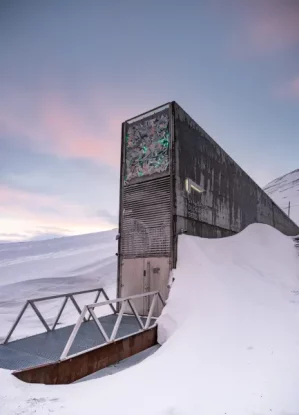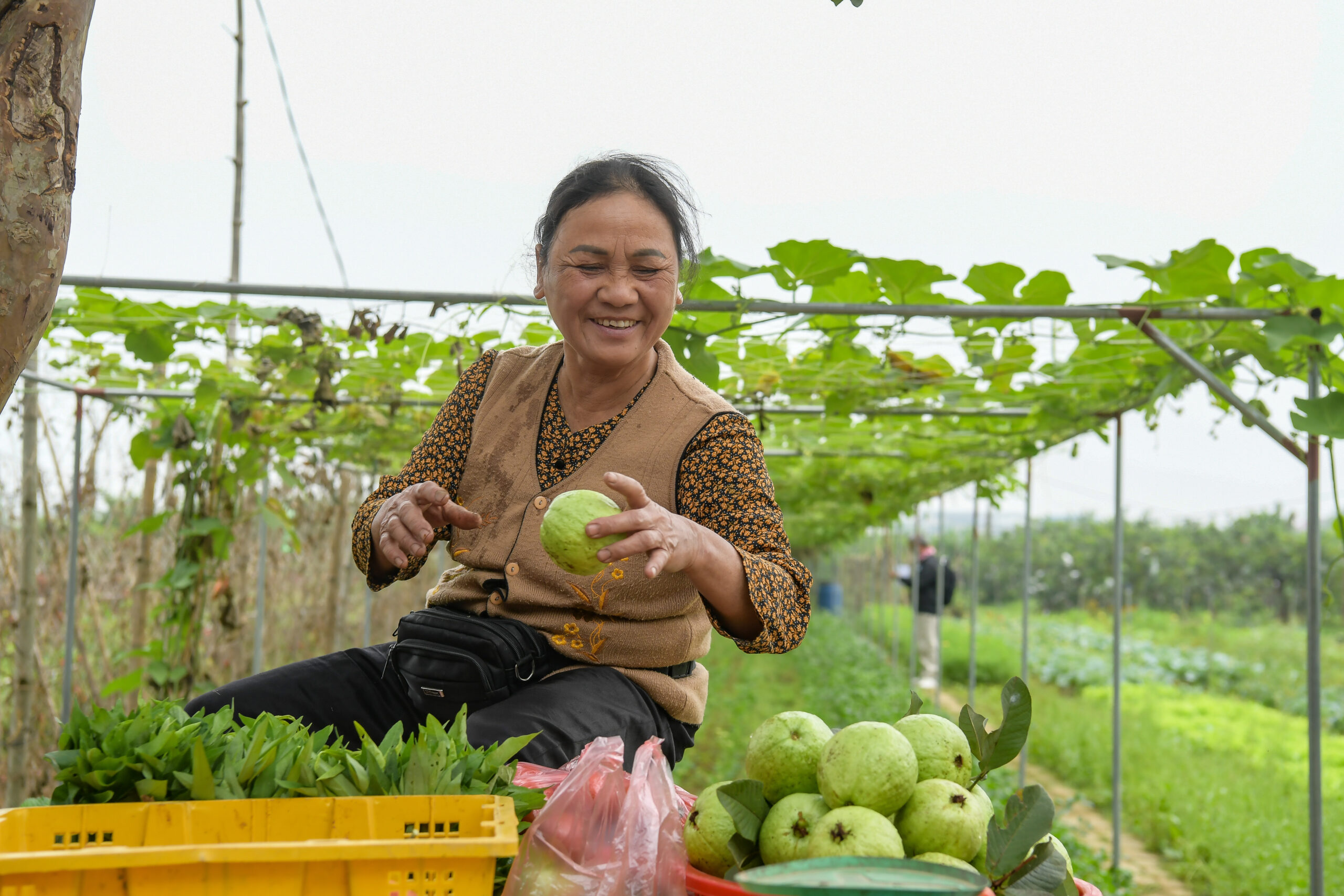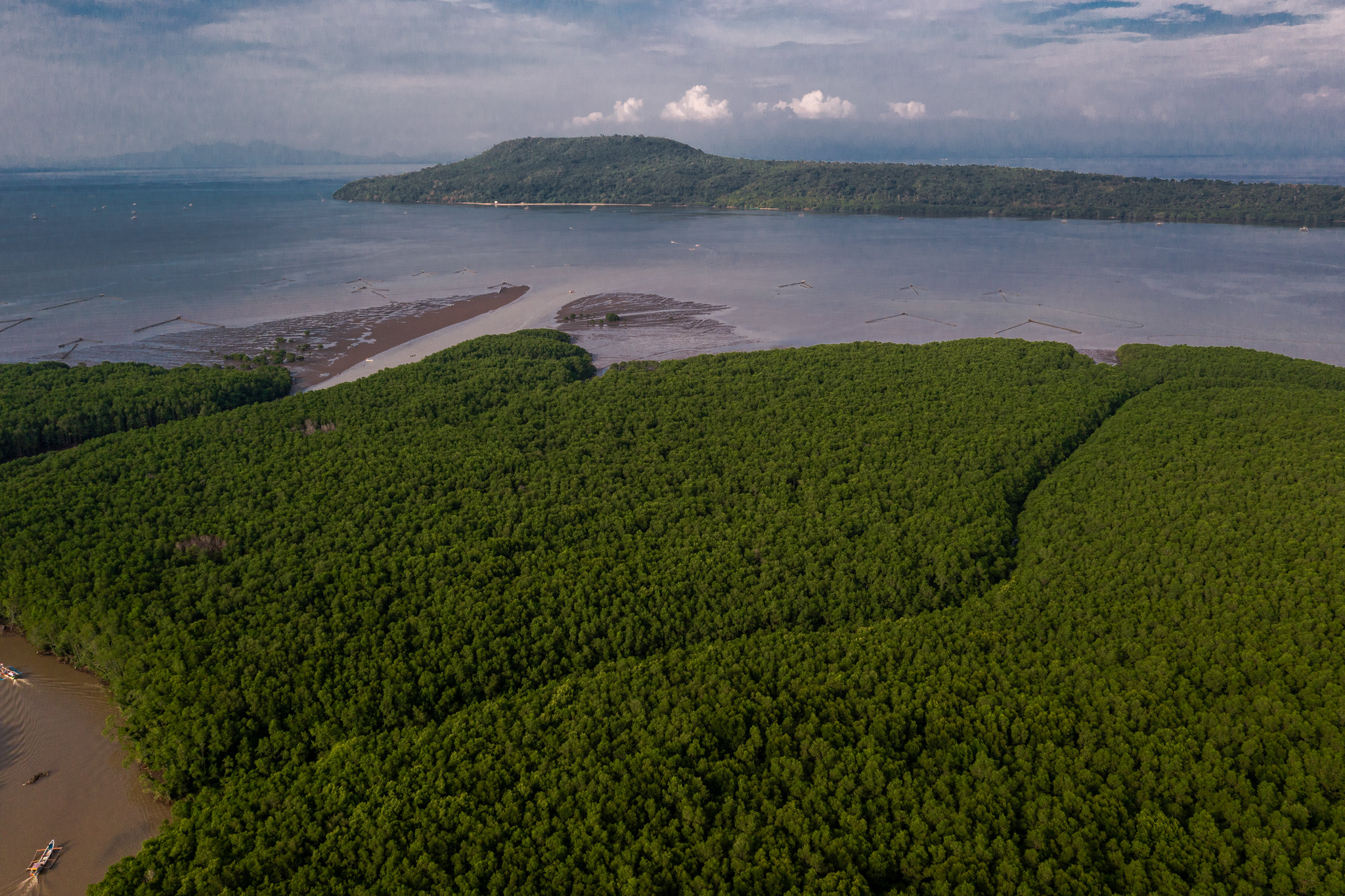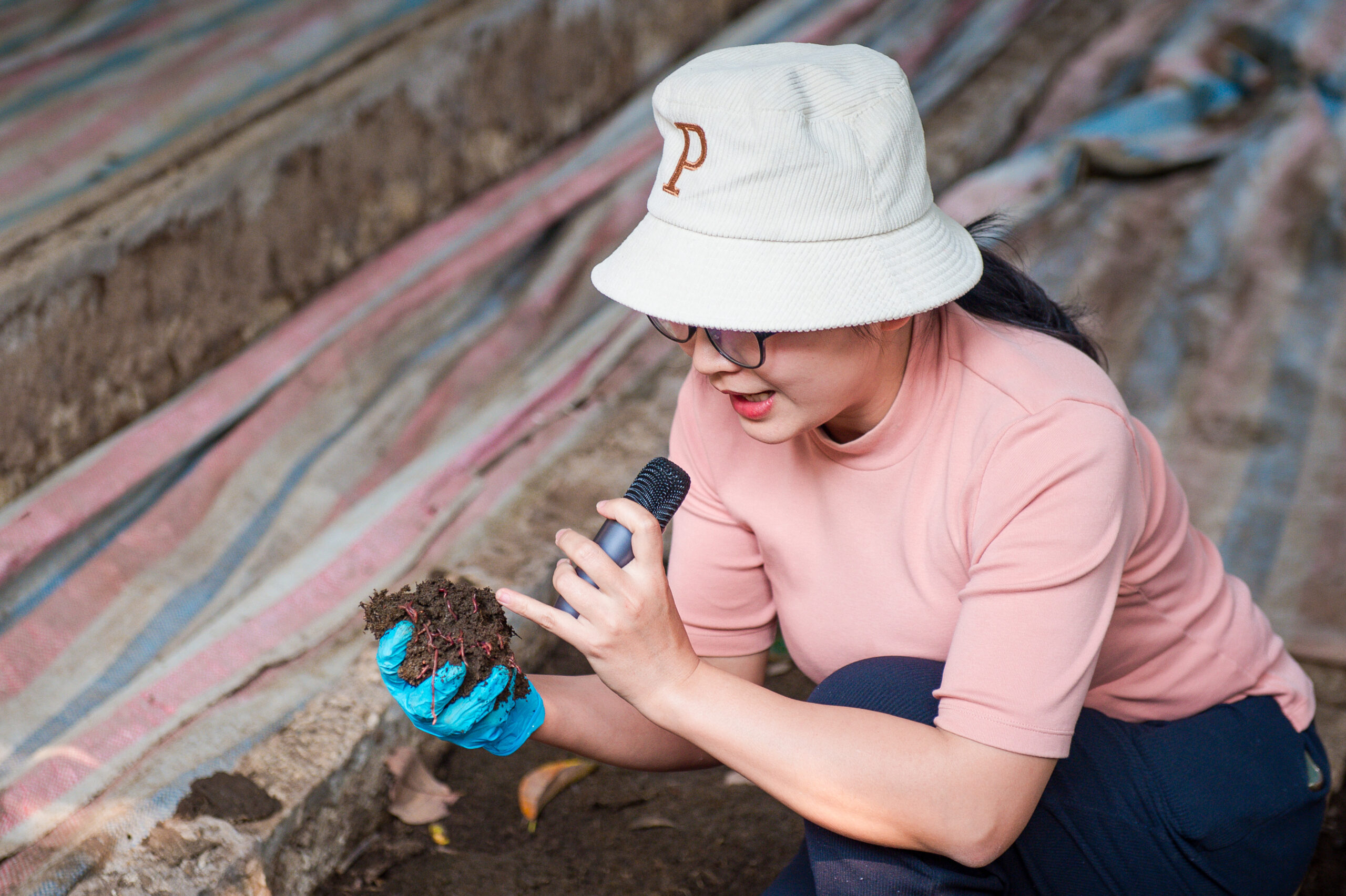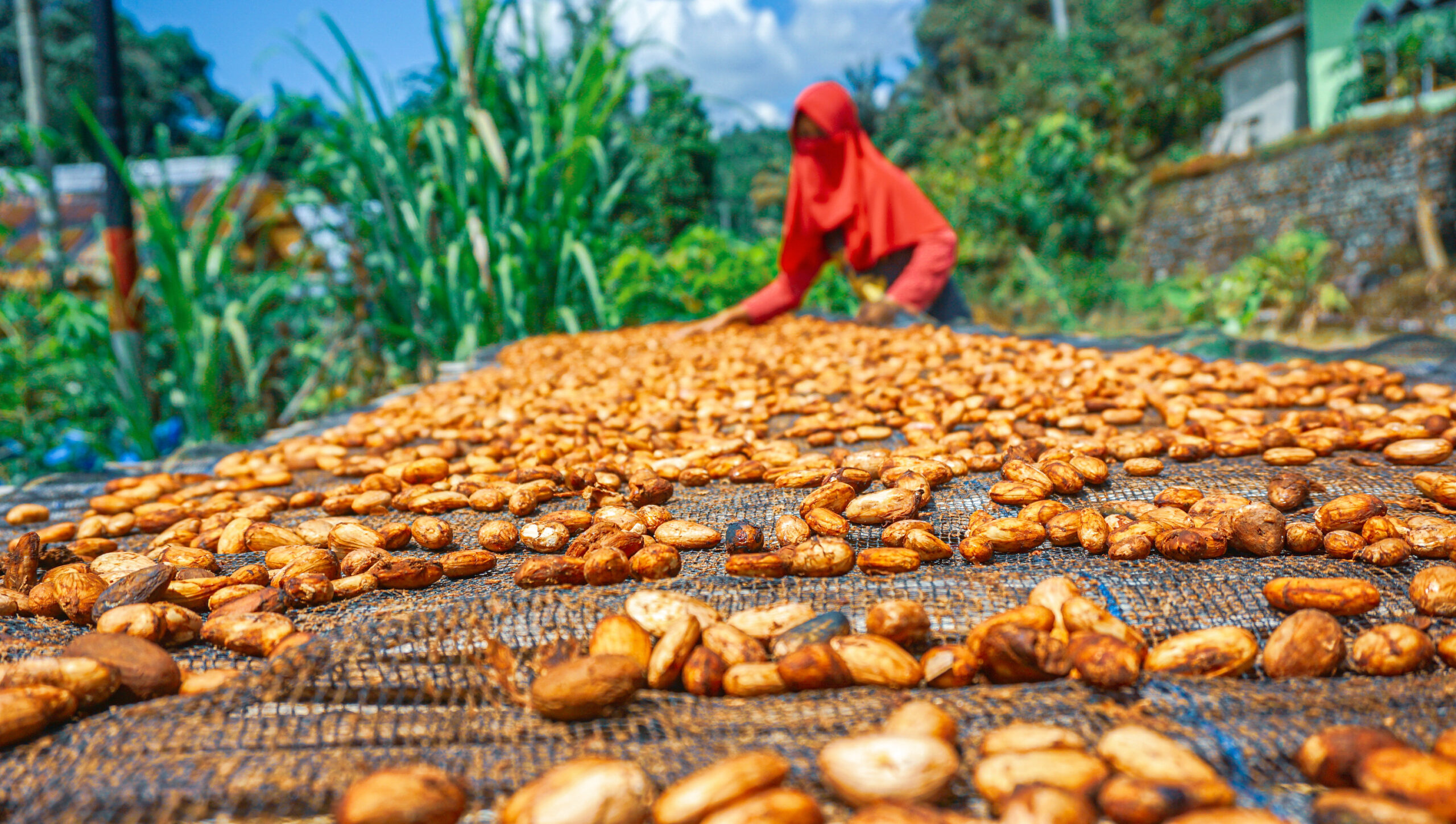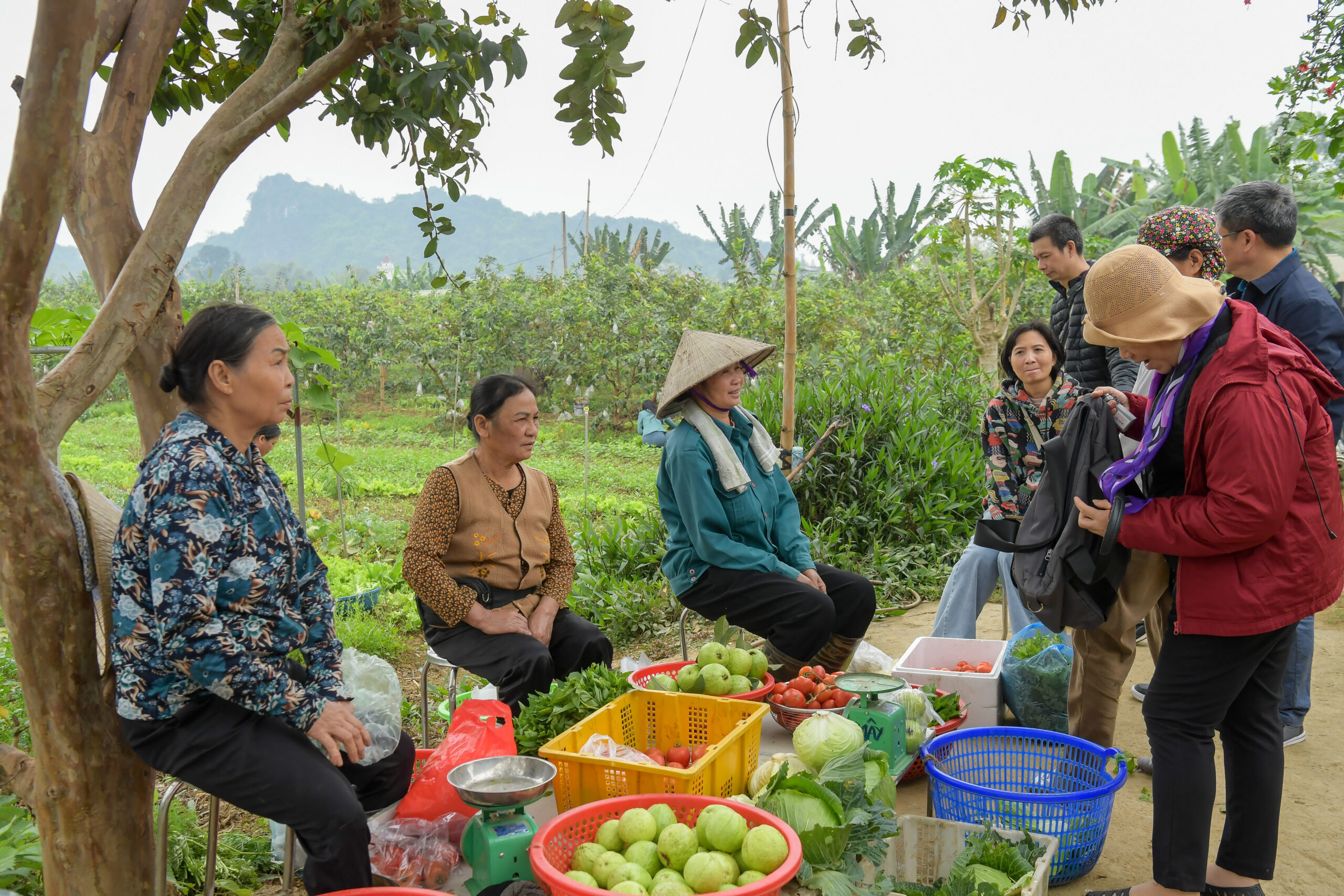“Family farmers are not just food producers: we are knowledge producers and solution providers,” said Filipino farmer and agroecology advocate JonJon Sarmiento.
He made the remark as part of a statement and set of recommendations from a network of farmers’ organizations (FOs) participating in the Transformative Partnership Platform on Agroecology (AE-TPP). The network spoke during the AE-TPP Annual Member’s Forum Meeting Platform’s held from 31 March to 4 April 2025 in Hanoi, Vietnam. April 4, 2025 in Hanoi, Vietnam.
The statement was based on consultations conducted by the Asian Farmers’ Association for Sustainable Rural Development (AFA) and shared during a workshop organized by the World Rural Forum. It also reflected field-based experiences from the farmers present at the forum. The FO network includes regional farmers’ organizations from Asia, Africa and Latin America, alongside national counterparts in Laos, the Philippines and Kyrgyzstan, working together to define priority research areas and explore the potential of new agroecological innovations.

Smallholder family farmers play a critical role in providing diverse, affordable food options, particularly in the Global South. According to a recent study by the Food and Agricultural Organization of the United Nations, they produce roughly one-third of the world’s food. “Yet we face numerous challenges in light of climate change,” Sarmiento said. “We already know that a business-as-usual approach is no longer viable… Farmers need to adapt locally through agroecology.”
Network members shared stories from the field where such adaptation is already occurring.
Sairagul Tazhibaeva, a project coordinator at Kyrgyzstan’s Association of Forests and Land Users, described how agroforestry is being used to strengthen and stabilize riverbanks and purify water in Kyrgyzstan. Inola Mapp, from the Regional Rural Dialogue Program in Central America and the Dominican Republic, explained how increasingly erratic rainfall, especially during El Niño years—a natural climate phenomenon that occurs every three to five years—is putting a strain on the already dry landscapes of the “Dry Corridor.” “Agroecology is helping these systems become more resilient to climate change, especially by diversifying crops to aid in water conservation, which keeps these areas thriving,” she said.
“This kind of transformational work”, said Babafemi Oyewole — chief executive officer of the Pan-African Farmers Organisation — “requires a holistic and systemic approach. One that aligns policies, empowers farmers, secures access to markets and addresses financial barriers”.
“The shift in mindset is very important,” Oyewole said. “From short-term productivity to long-term sustainability.”
To that end, the FO statement recognized the AE-TPP’s potential to connect diverse actors around a shared vision — and to help amplify the political voice and needs of smallholder family farmers. Speaking directly to the Platform members, Sarmiento said: “We call on you to help us secure our rights and control over natural resources—especially land, waters and forests—as we need those resources to invest long-term in diversifying our farms and making them more climate resilient.”


The network urged Platform members to ensure that agroecological research and innovation are conducted through participatory methods — involving family farmers in agenda-setting, design, formulation, implementation, monitoring and evaluation. They also recommended an in-situ approach wherever possible and widespread sharing of results at local and regional levels.
Sarmiento closed by calling for family farmer representation in governance structures. “Why? So that we can be empowered to build, manage and sustain our enterprises and services — and help our members to sustain agroecological approaches at the farm level,” he explained.
He ended with an optimistic vision of partnership, resilience and climate-smart transformation. “We believe that with a strong, cohesive multi-stakeholder partnership with family farmers, we can effectively support the scaling up of agroecology, build climate resilience of millions of small-scale women, men and young farmers, and collectively contribute to sustainable food system transformation at the local and country level—while also contributing to the Sustainable Development Goals,” he said.
Acknowledgments
The 2025 Annual Members Forum Meeting was made possible with support from the Liechtenstein Development Agency (LED) and the Metrics project, funded by the European Union.

